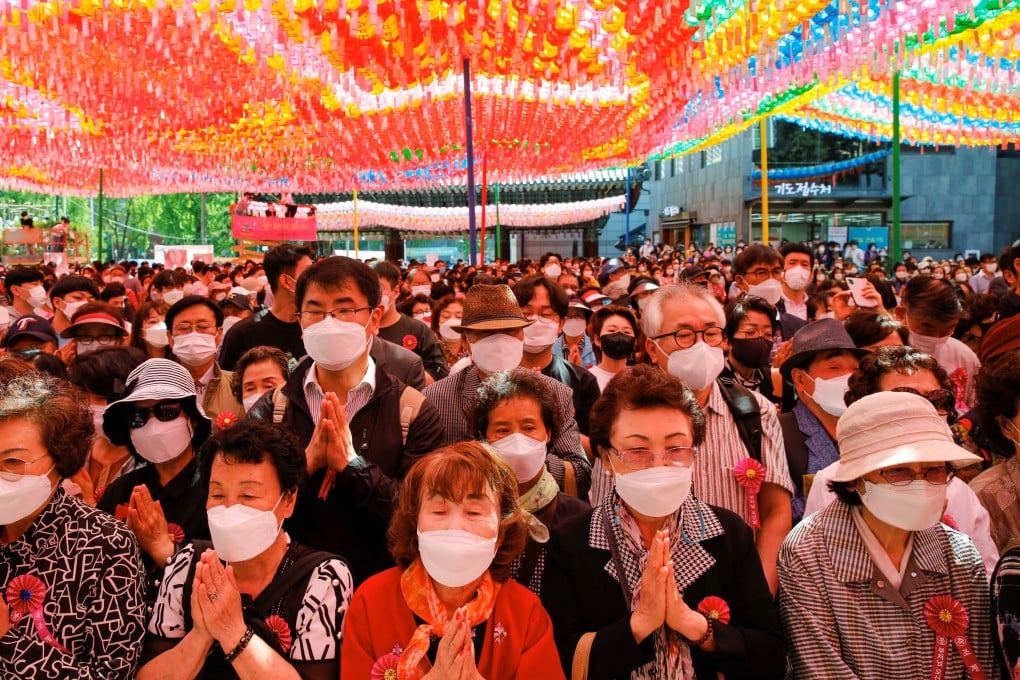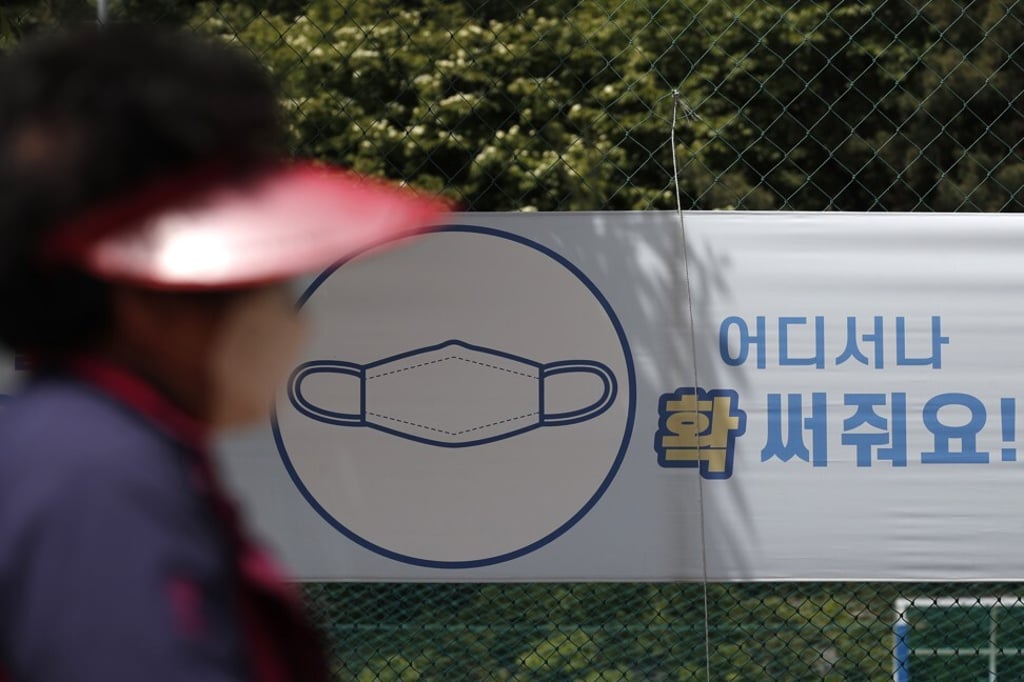Coronavirus: South Koreans who are vaccinated can soon go out mask-free; Melbourne tests thousands who were at sports stadium
- From July, South Koreans who have been fully inoculated will be exempt from bans on private gatherings and other rules
- Elsewhere, Melbourne is testing thousands who attended a sporting match, while Indian scientists say antibiotics resistance is worsening the nation’s pandemic

South Korea on Wednesday said people who have received at least one Covid-19 shot will be able to go outdoors mask-free from July.
Those fully inoculated will be exempt from private gathering bans and the occupancy ceiling rule at restaurants and cafes.
The country on Wednesday recorded 707 new coronavirus cases, the highest over a period of 12 days, as sporadic cluster infections, along with more transmissible variant cases, continued to emerge across the country.
The additional cases brought the total caseload to 137,682, including 1,940 deaths, the Korea Disease Control and Prevention Agency (KDCA) said.
Cluster infections are raging at night spots and religious facilities, with the highly transmissible variant first recorded in Britain taking hold and spreading fast, it said.
The KDCA said the number of Covid-19 variant cases reached 1,390, with the UK strains accounting for 1,147.
“It is certain that variants become dominant as time passes by. The more tests are conducted, the more British variants will be found,” Preventive Medicine Professor Jung Jae-hun at the Gachon University said.
